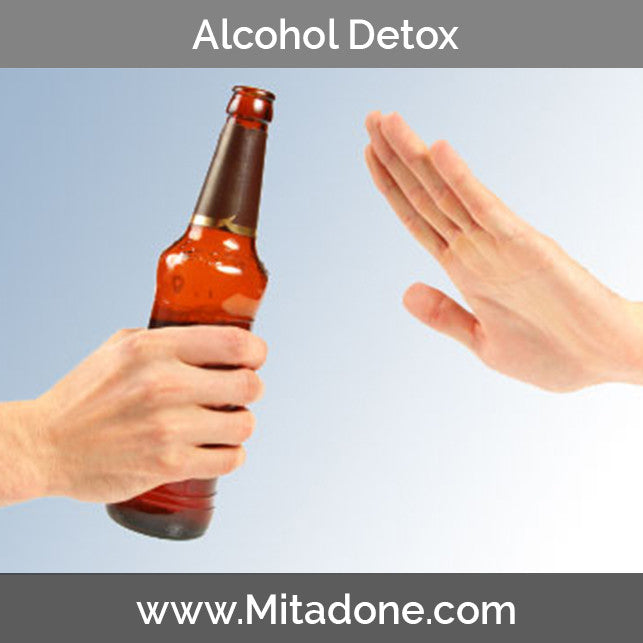
Alcohol Detox
By TAPESH BHARGAVA
Social drinking never seems to be an issue, until it becomes solo drinking. Drinking alone isn’t the only sign that someone has a problem with alcohol addiction, and there are many other ways to determine whether or not someone you love has an addiction to alcohol. Once you’ve determined that there is a problem, and the person with the issue has agreed to seek help – what should you expect?
There are actual stages associated with alcohol detox, and they are all terrible to go through. Since every person is different, the stages of alcohol detox can affect everyone differently. Some may be unnoticeably light and some can be unbearably difficult. Supporting someone you love through the stages of alcohol detox will be a strain on both of you, so it’s important to know what to look for and expect. Here are the four stages of symptoms of withdrawing from alcohol:
Tremors
It’s difficult to wean the body off of something it desires more than anything else, and alcohol is processed by the body like any other drug. Depending on how long the person with the addiction has been drinking, this first stage of addiction withdrawal may take anywhere from eight to twelve hours to manifest after their last drink. They are also very likely to experience physical nausea which can be accompanied by vomiting. They will probably get a headache, have a significantly increased heart rate and sweat profusely. Emotionally, they are likely to feel anxiety and may not be able to sleep. These first stage symptoms of alcohol detox should wane within 24 hours after their last drink.
Hallucinations
No, it’s not a bad trip. The person who is struggling to work through the detoxification process may experience hallucinations as the second stage of alcohol detox. These tend to begin anywhere from twelve to twenty-four hours after the person’s last drink and are experienced by about one-quarter of all alcoholics who are going through withdrawal. Just like with drug-induced hallucinations, the person may hear, see and react to things or people that are not really there. The symptoms from stage one may also continue at this time, and can even worsen.
Seizures
The third stage of alcohol detox can begin between six and forty-eight hours after cessation of drinking. While seizures may only affect up to ten percent of alcoholics suffering from withdrawal symptoms, it’s a very serious withdrawal symptom to be aware of. These seizures are usually smaller, more generalized seizures rather than just one single seizure.
Delirium Tremens
This fourth stage of alcohol detox is experienced by about thirty percent of patients withdrawing from alcohol abuse. It usually occurs between three and four days after the person quits drinking, but may occur up to two weeks after cessation of alcohol use. The symptoms are very similar to the collective symptoms of all three previous stages of alcohol withdrawal and require medical attention to survive this stage of detox.

